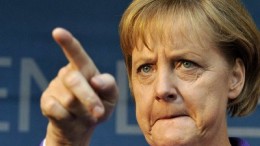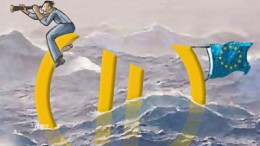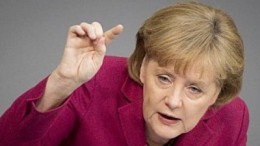Spanish and German SMEs’ huge different access to finance
Spanish SMEs pay the higher interest rates of the past four years at the time of borrowing, while the cost for German companies is at historic lows, according to financing costs for families and businesses in the euro zone published on Monday by the ECB. This trend puts markedly divergent increasingly southern European companies at a competitive disadvantage to rivals in Northern Europe. “We all know that financing costs are…






